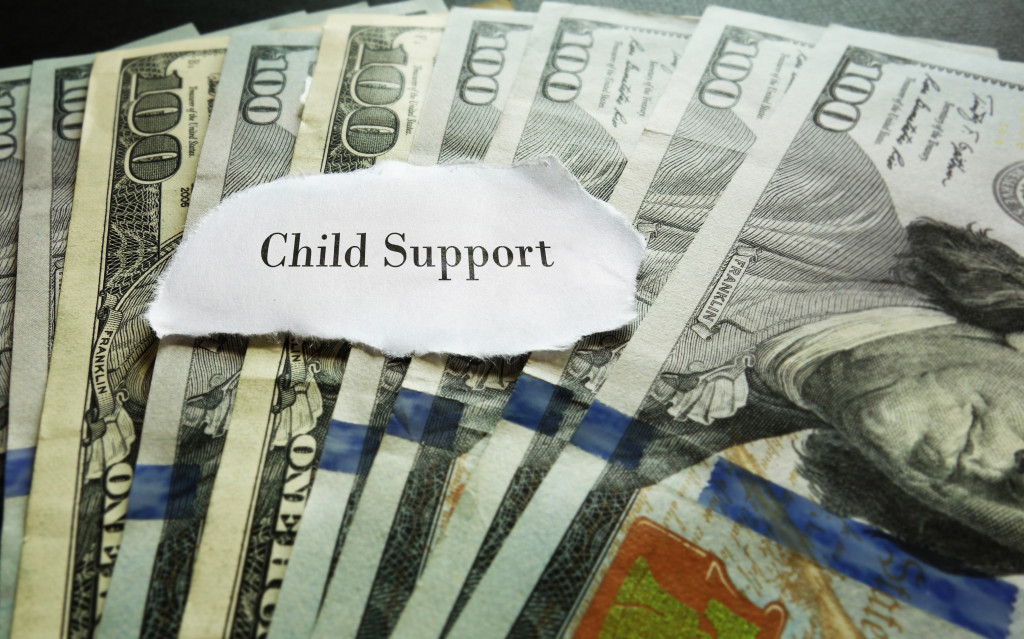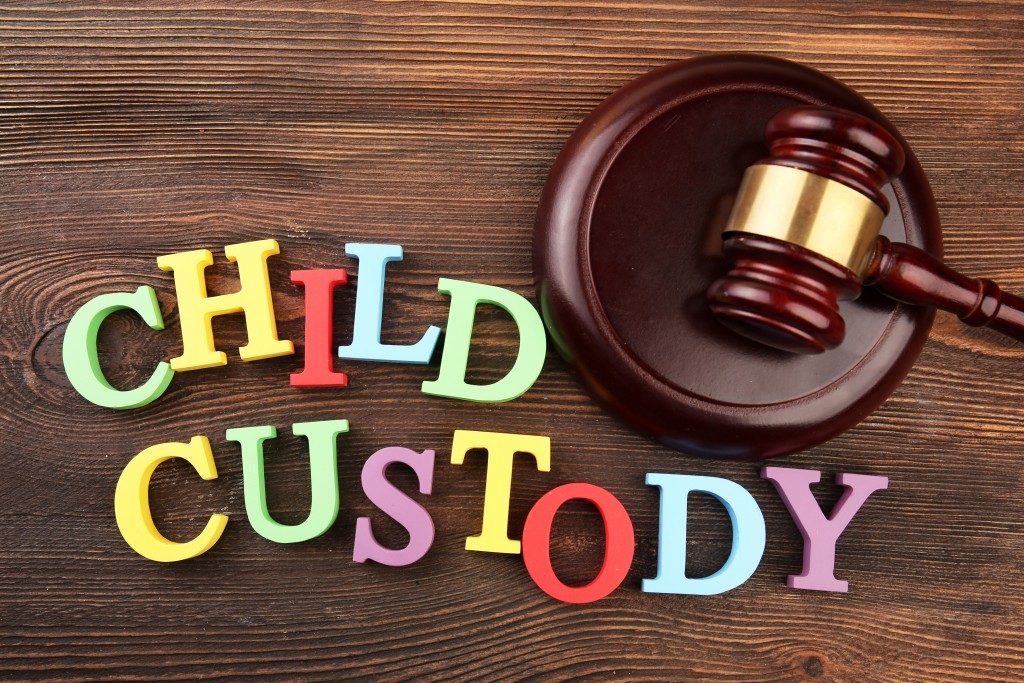- The legal implications of divorce should be taken into consideration and require the guidance of a lawyer.
- Different types of divorce, such as in-court, mediation, and collaborative processes, should be explored.
- Financial changes are common during divorce, especially for women, so seeking financial advice is recommended.
- Emotional effects on all family members should be acknowledged and supported.
Divorce can be a complicated and challenging process for any family. However, it’s not just the couple involved who are affected. The effects of divorce can have a ripple effect throughout an entire family and even a community. From the legal implications to the emotional effects, a divorce can have long-lasting impacts on everyone involved. Here’s how to navigate them in the best way possible.
Legal Implications of Divorce:
Divorce has serious legal implications for both parties involved. The divorce process involves a complex set of legal regulations, especially when there are children involved.
Usually, divorce becomes a legal process where you must hire a lawyer specializing in family law or mediation. Every detail requires careful attention and legal guidance, from property division to child custody and child support.
It’s important to have legal advice to ensure that your rights are protected and that you are aware of any potential consequences. Getting your lawyer’s advice on how to proceed in a divorce is essential, as the wrong approach can lead to lasting legal repercussions that you may not be aware of.
Navigating Different Types of Divorce:
Every divorce case is unique, and no ‘one size fits all’ solution exists. Couples should seek professional advice and choose the best-case scenario that suits their individual situation. Here’s a rundown of each option:
In-court Divorce
In-court divorce is a more traditional form of divorce, where the couple goes to court and litigates the case before making a final settlement. This option can be more costly and time-consuming than other forms of divorce, as it involves filing paperwork with the court, appearing in court for hearings, and possibly sessions with a judge.
Mediation
Mediation is an increasingly popular option as it’s less expensive and time-consuming than an in-court divorce. In this method, the couple agrees to come together with a neutral third party (often a mediator) and work out their own settlements without involving the court system. Effective divorce mediation can minimize the amount of paperwork, court appearances, and delays associated with divorcing in court.
Collaborative Divorce
Collaborative divorce is another option couples have to settle their cases outside of court. It’s a non-adversarial process where both parties agree not to go to court but instead come together and use negotiation to settle the divorce. This can be particularly beneficial when a couple is determined to find an amicable solution to their divorce and quickly reach a mutually agreeable settlement.
Financial Implications of Divorce:
Divorce often leads to a change in financial circumstances for both spouses. For instance, women are more at risk of facing financial difficulties after a divorce. The reason being they often take time from work to care for children; that could reduce their income earning capacity.
Equally, for men, custody battles and child support payments can take a substantial amount of their income after a divorce. Therefore, before and during the divorce process, it’s important to consider the financial implications of divorce and the lifestyle changes that may be necessary.
If possible, both parties should seek financial guidance to help them understand their rights and obligations.
Emotional Effects of Divorce:
Divorce can have a profound impact not only on the involved partners but also on their children and the rest of the family. Generally, breaking up with someone with whom you have shared a lot creates a sense of loss, pain, loneliness, and anxiety. Here are some things that can help:
Be Aware of Your Children’s or Family’s Feelings
Children may experience feelings of abandonment, anger, confusion, and grief. Therefore, providing your family members with emotional support or counseling is crucial during these trying times. This may help everyone cope effectively with the challenges that accompany divorce and eventually move on.
Take Time for Yourself
Divorce can be emotionally draining, so it’s taking some time off and focusing on yourself is important. During this time, you should do things that make you happy and avoid things that trigger negative emotions.
Find Support From Friends & Family
It’s essential to have a robust support system of friends and family who can be there for you during those difficult times. They can provide emotional guidance and help you get through the mental, physical, and financial distress that comes with divorce.
Divorce can be complicated, but understanding all the various implications goes a long way. With this knowledge, couples can work to minimize the damage and create a positive outcome for everyone involved. Although divorce is tough, you must have the necessary guidance from legal professionals and support from therapists and counselors. By navigating the various implications, you can ensure that each member of the family can move on in the most efficient way possible.





